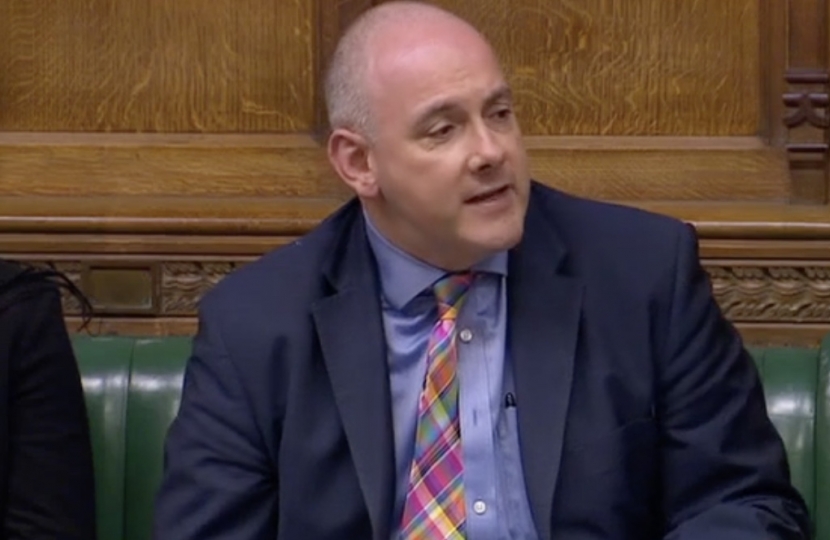
Although I voted against the Government previously on free school meals, I firmly believe that they have come up with a comprehensive package that should be recognised: £220 million for holiday activities and the food programme, £60 million for frontline food charities, £120 million last summer to keep free school meals going, Healthy Start vouchers, and £170 million for local authorities, 80% of which is ring-fenced for food and essential items. It is worth noting that all of this was welcomed by Opposition Members and the teaching unions at the time it was announced. It is also worth noting that, as the Prime Minister reminded the Liaison Committee last week, free school meals were proposed and invented by a Conservative Government, and that in 2012, alongside other MPs and the Association of Colleges, I successfully campaigned for their extension to disadvantaged college students.
I urge the Secretary of State to ensure that the £150 million from the sugar levy that is unaccounted for is used to expand the national school breakfast programme, as we know that breakfast clubs increase attainment by up to two months. This debate should not just have been a political sugar rush for the Opposition, in which to score political points against the Government when they have done the right thing; it should have been a debate on how to deal with the fundamental problems around food poverty through, for example, family hubs, early intervention, and reform of the welfare system.
I turn now to the issue of remote learning. A report by the Institute for Fiscal Studies has shown that poorer students spent less time learning than their richer peers, had fewer resources at home with which to learn effectively, and are less likely to return to in-person schooling when given the chance. I therefore welcome the Government’s guidance on remote learning, the 1,900 laptops delivered to schools in Essex, and the direction of Ofsted to work with schools not as interrogators or investigators, but as candid friends.
However, we can provide all the laptops in the world, but the £1 billion catch-up scheme will still be fundamental. I therefore ask my right hon. Friend the Secretary of State to confirm what he told the Select Committee on Education last week: that his Department will ensure all the national tutoring programme partners will be able to deliver online learning, and that the list of approved tuition partners will be flexible and rolling, allowing new and innovative tuition programmes such as the Invicta National Academy. Will he support teacher vaccinations to get our schools open, and will he carry out a risk assessment of the ongoing impact of school closures? Finally, does he not agree that the best solution to the issue of remote learning is to get our schools open as soon as possible, and get our children learning again?
